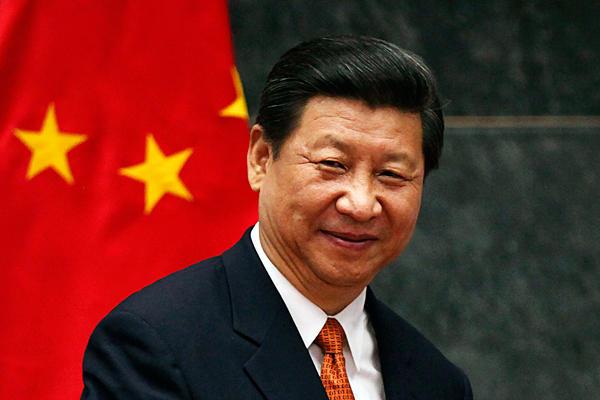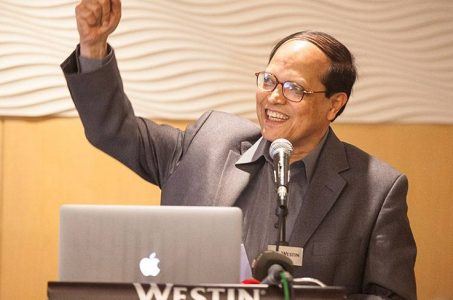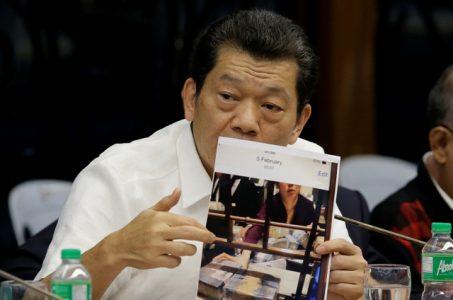Panama Papers China Connection Reflects Double Standard on Macau Anti-Corruption Measures
Posted on: April 8, 2016, 09:00h.
Last updated on: February 20, 2017, 08:48h.
The Panama Papers continue to prove that the fish rots from the head down. China’s so-called anti-corruption drive has sent the revenues of Macau tumbling for 22 consecutive months, but now the latest revelations could send China’s ruling Communist elite into a tailspin.

The scandal is so threatening to its “do as I say, not as I do” stance that Beijing moved this week to block Western news outlets’ coverage of the leaked Mossack Fonseca Panama law firm database.
In particular, any references to companies owned in offshore tax havens by the Chinese leaders are being censored.
Politburo Hides Wealth
The Panama Papers reveal that relatives of eight of China’s top politicians have used offshore companies to hide wealth, including three of the seven-member Politburo Standing Committee, the country’s most powerful body.
The list includes President Xi’s brother-in-law, the daughter-in-law of propaganda chief Liu Yunshan, and the son-in-law of vice-premier Zhang Gaoli.
Xi’s much-publicized anti-corruption crackdown was launched amid warnings that the theft of public funds by corrupt Communist Party officials, a problem that had become endemic, could destroy the Party from the inside out.
Censorship in Overdrive
Many of the VIP high rollers from the mainland were actually crooked Communist Party officials playing with stolen public monies. These VIPs once accounted for 60 percent of Macau’s revenues, and Beijing’s squeeze on the junket industry, which brought in these players en masse, hit the gaming region’s bottom line badly.
Now the Panama Papers threaten to undermine Xi’s anti-corruption crackdown, and the country’s censors have gone into overdrive, blocking access to websites that might carry the damaging news.
“I think there is a fear and a sensitivity among Communist party leaders that this exposes the degree to which the political and economic elite are so closely intertwined and so far above your average citizen in terms of wealth,” Sarah Cook, a China specialist from the Freedom House advocacy group, told the UK’s Guardian this week.
“This kind of blows a big hole in that effort because it exposes how the top political leaders and their families are, at the very least, super, super rich; even if this money had been obtained legally, which of course is a big question mark as well,” she said.
Related News Articles
Pair Found Guilty in New Zealand Roulette Scam
Most Popular
FTC: Casino Resort Fees Must Be Included in Upfront Hotel Rates
Genovese Capo Sentenced for Illegal Gambling on Long Island
NBA Referees Expose Sports Betting Abuse Following Steve Kerr Meltdown
UPDATE: Former Resorts World & MGM Grand Prez Loses Gaming License
Most Commented
-
UPDATE: Whiskey Pete’s Casino Near Las Vegas Closes
— December 20, 2024 — 31 Comments -
Caesars Virginia in Danville Now Accepting Hotel Room Reservations
— November 27, 2024 — 9 Comments -
UPDATE: Former Resorts World & MGM Grand Prez Loses Gaming License
— December 19, 2024 — 8 Comments -
FTC: Casino Resort Fees Must Be Included in Upfront Hotel Rates
— December 17, 2024 — 7 Comments
















No comments yet